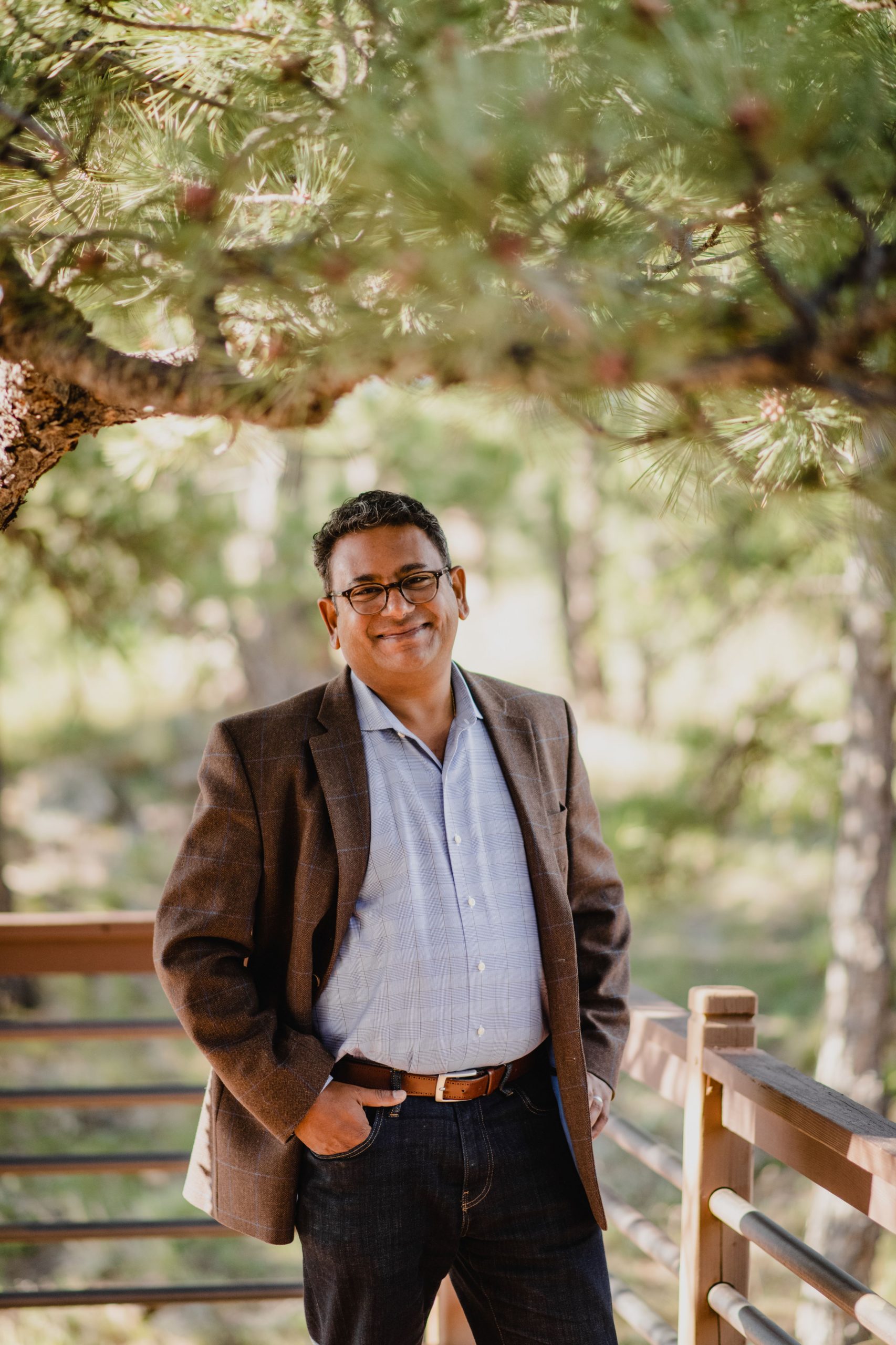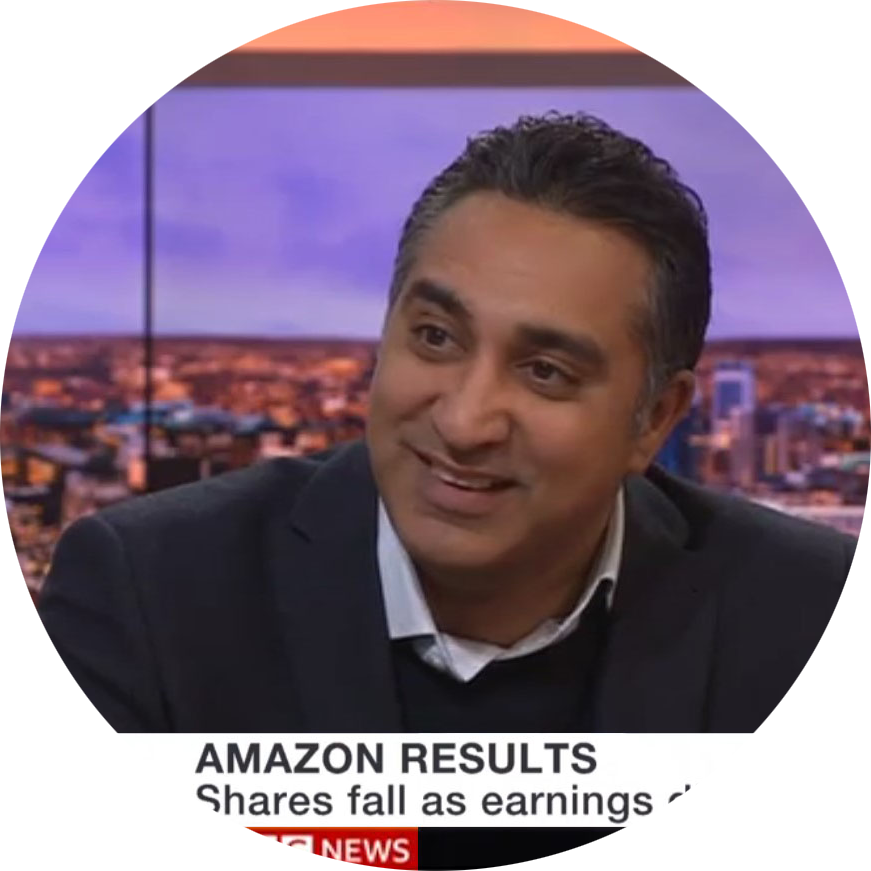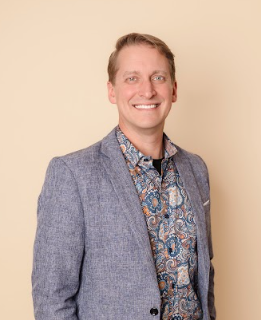Ashish Kothari is a former McKinsey partner turned founder and coach who helps organizations redesign how we work so people stop burning out and start flourishing. Drawing on 25 years in consulting and a deep personal journey through anxiety, spirituality, neuroscience and psychology, Ashish builds practical, research-backed practices that shift teams out of fear and into meaningful, humane ways of working. We’re featuring him because his work shows how small shifts in leadership and culture can unlock better performance and better lives for millions.
Why did you move from a long corporate career into this work?
There were two pivotal moments. First, after years of professional success I began waking up with anxiety and realized having “green lights” on the outside didn’t stop inner fear. That sent me into studying spiritual texts, psychology and neuroscience and led to one big insight: our brains are wired for safety, not happiness. Second, COVID showed me how deep and wide the problem of stress and meaninglessness really is — not just for executives but for frontline workers, teachers, and care professionals. Together those moments convinced me we need a new human operating system for work.
What did your research and personal journey reveal about why people struggle at work?
Three things stood out: our brains prioritize threat detection over flourishing; work often removes space for human connection and recovery; and many people lack meaningful feedback that links their daily tasks to impact. It’s not always the quantity of work — it’s the lack of recovery, purpose and feeling seen that drives burnout.
Who do you focus on helping and why?
We focus on the middle layer of organizations — VPs, directors and senior managers — because they’re sandwiched between executives and teams and influence most of the organization’s day-to-day experience. We also prioritise companies that explicitly care about people and purpose (B Corps, conscious-capitalism companies). If we can upskill that middle layer to lead more humanely, the ripple effects are huge.
How do you advise people to handle imposter syndrome and the inner critic?
Fear is normal — it shows up when you care. Research shows beating yourself up doesn’t help. Instead, cultivate a second voice: your champion. Speak to yourself as you would a teammate — use your own name and coach yourself kindly (e.g., “Ashish, you can do this”). Preparation matters, but so does the inner tone you choose in the moment.
Looking back, what would you do differently as an entrepreneur?
Three lessons: 1) Focus — trying to build both direct-to-consumer and B2B slowed progress; 2) Move faster on emerging tech — he wishes he’d doubled down on AI earlier; 3) Find your early believers — rather than convincing everyone, start by serving the group that already shares your values and will adopt quickly.
What does success look like for you now?
At 51, Ashish measures success by impact: helping people flourish at scale. His unique background lets him translate timeless wisdom into language that corporate leaders accept — and that’s the lever he’s using to try to change workplaces so future generations have better work lives.
What resources or projects are you sharing right now?
Ashish’s book, Hardwired for Happiness (re-launched by Bloomsbury in India), lays out nine practices to rewire away from fear. He’s also active with a podcast and sponsors events like the Happiness Festival to amplify practical tools and research-backed practices for leaders and organizations.
“It’s not enough to change people — we have to change the systems of work that make people sick. If we can rewire our workplaces, we can help people flourish.” — Ashish Kothari
Connect with Ashish Kothari:
Linkedin: https://www.linkedin.com/in/ashishkothari1/
Youtube: https://www.youtube.com/@MyHappinessSquad
Podcast: https://podcasts.apple.com/us/podcast/the-happiness-squad-podcast-with-ashish-kothari/id1663683864
Want to be featured? If you’d like to be part of the Humans of Fuzia series, email us at fuziatalent@fuzia.com.









